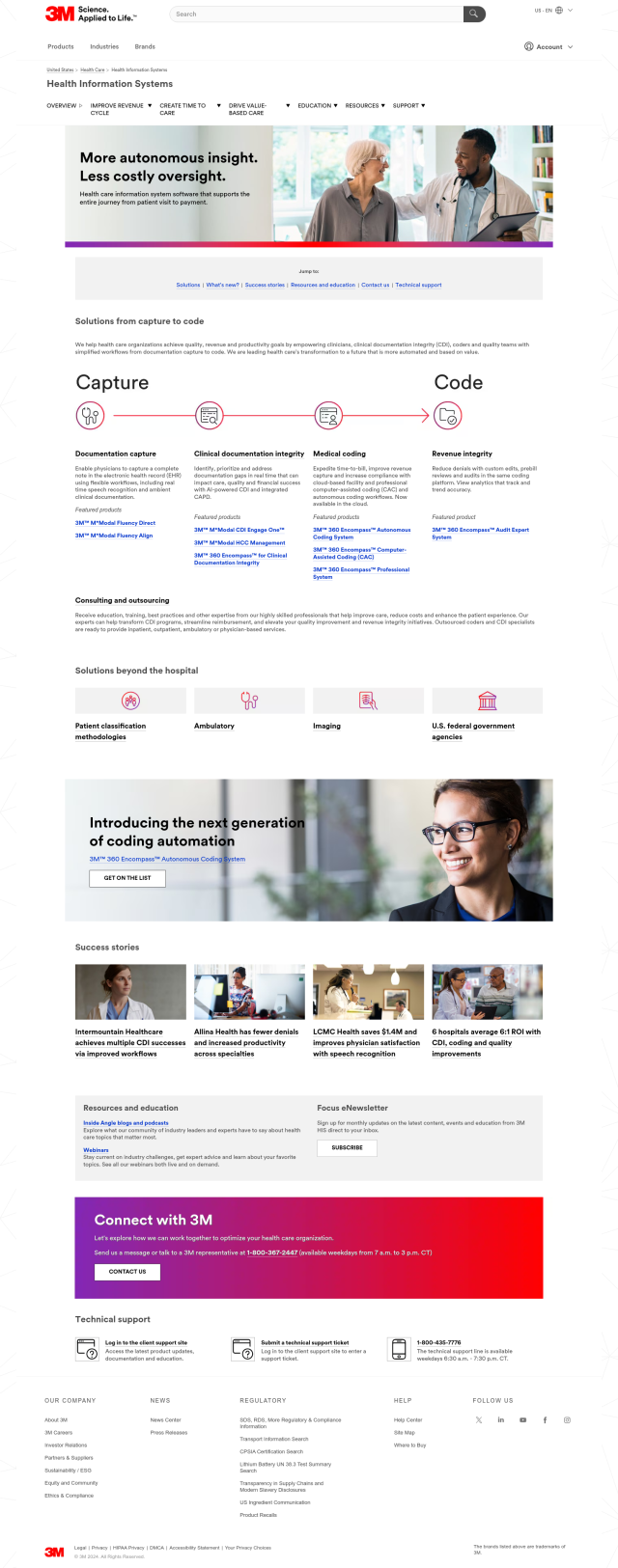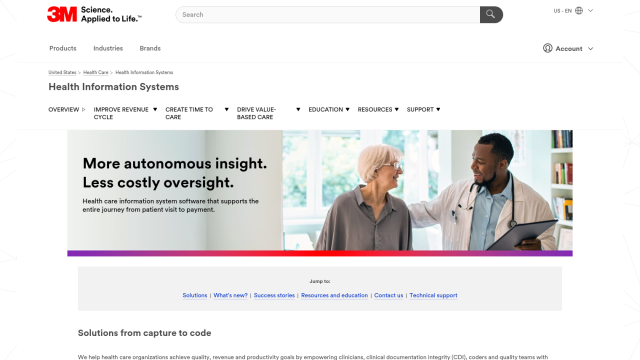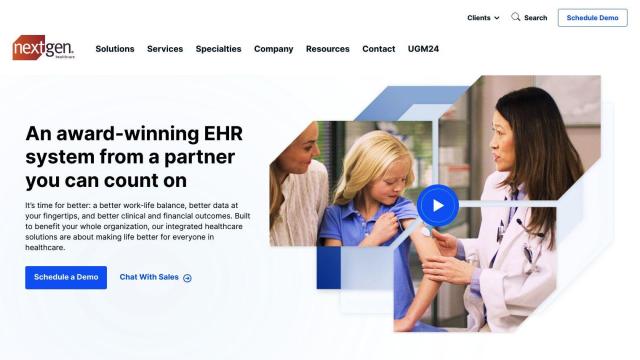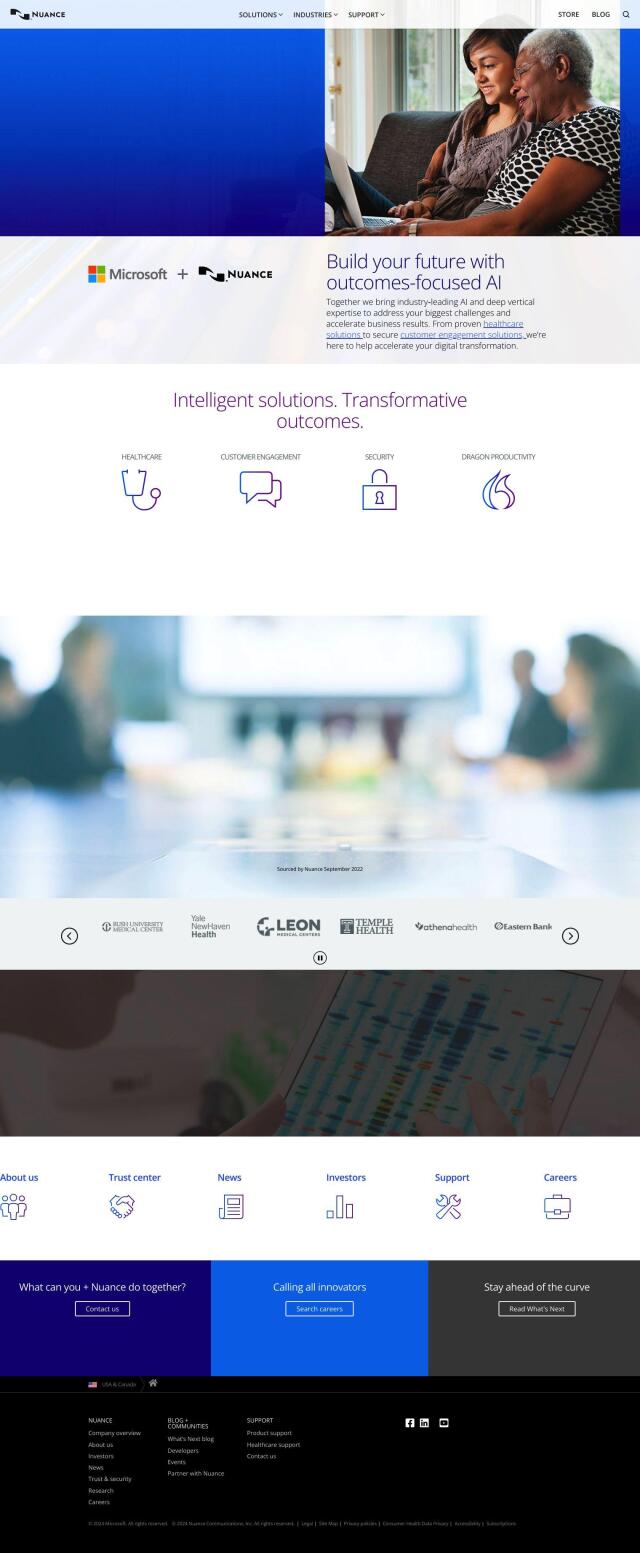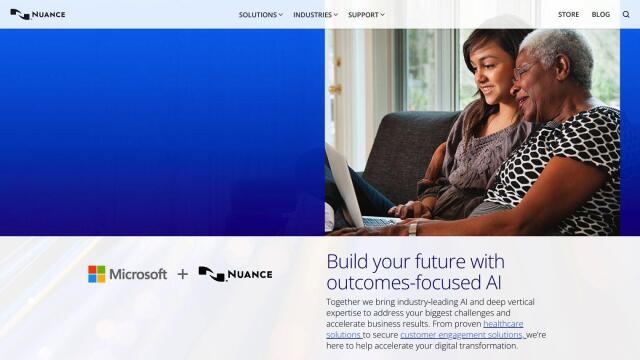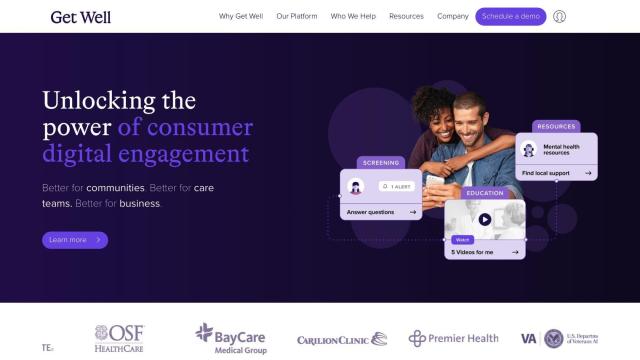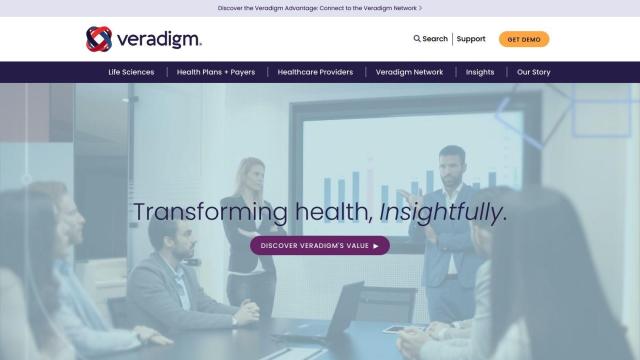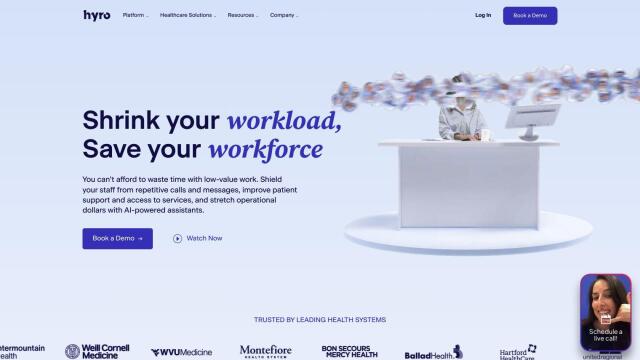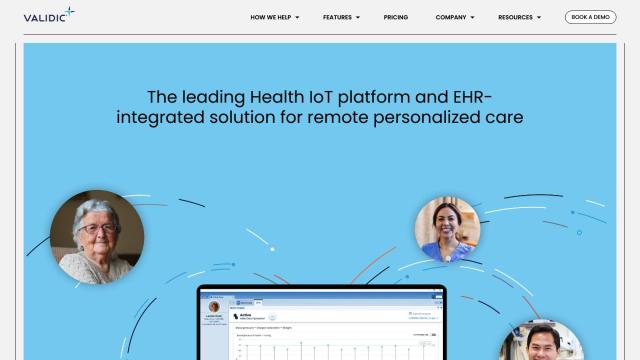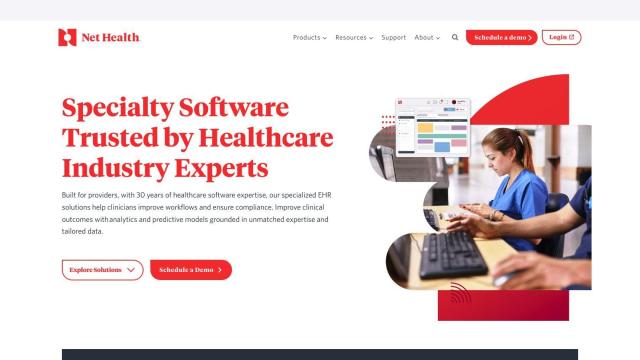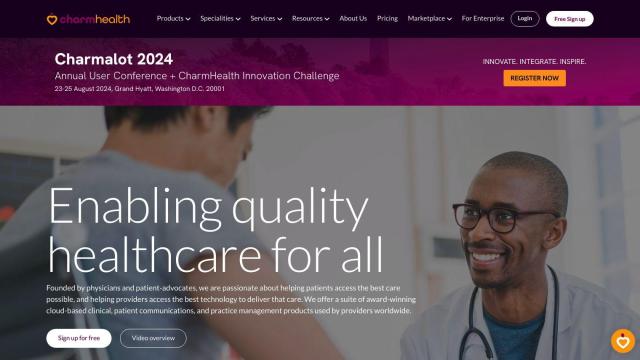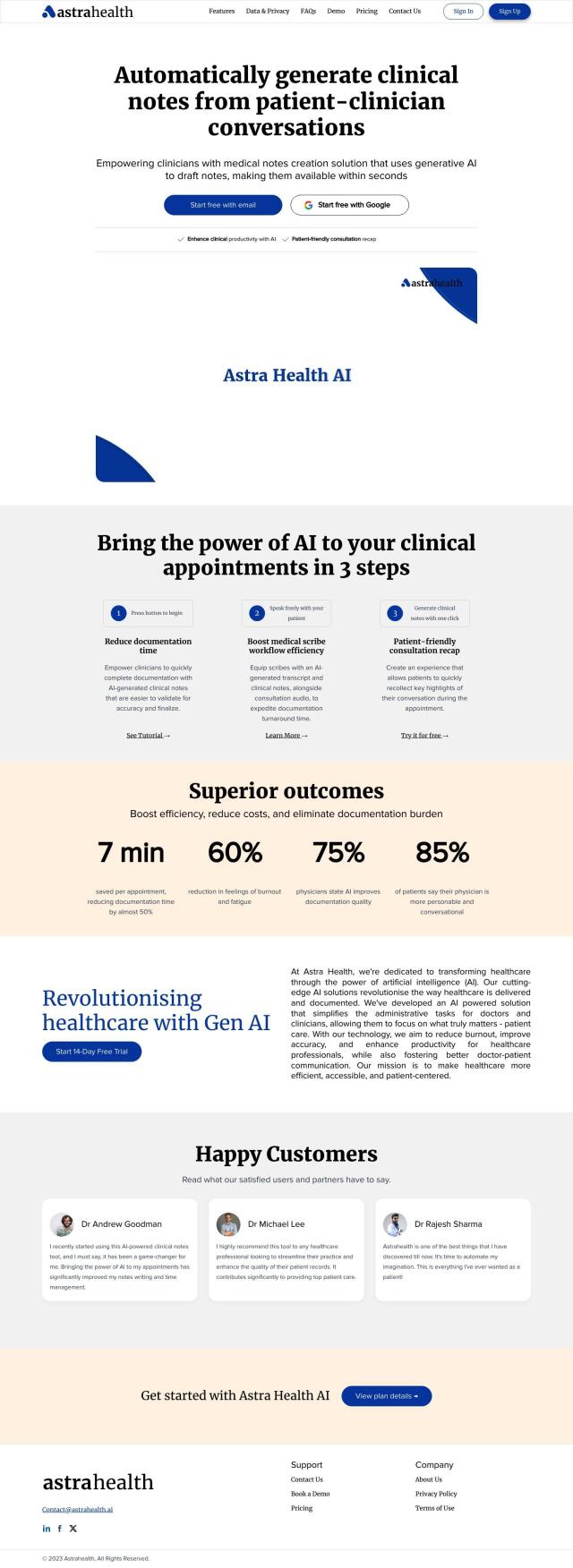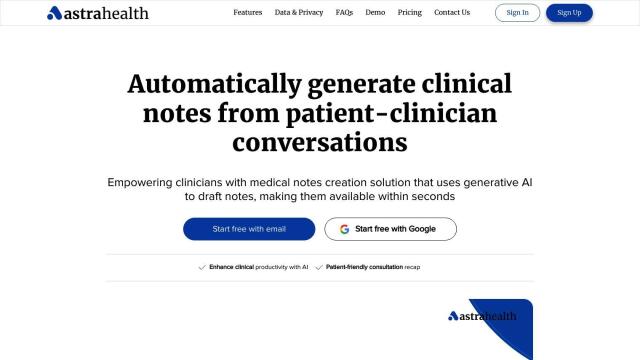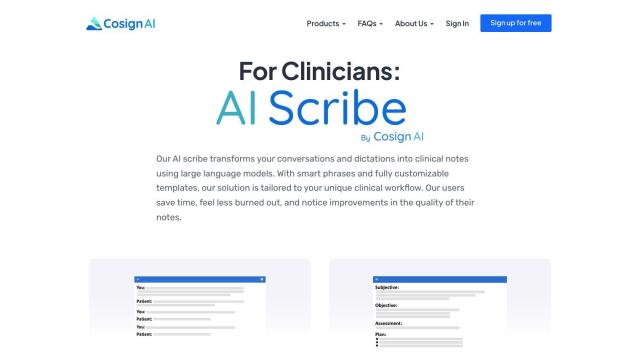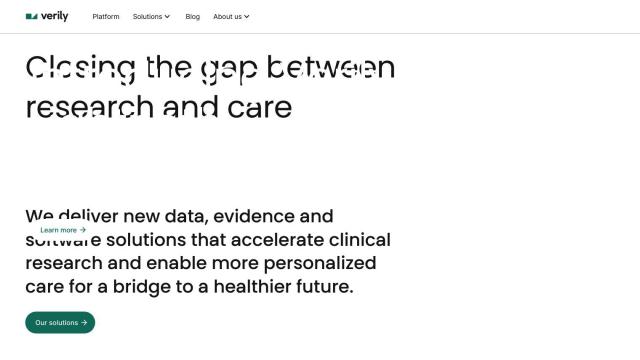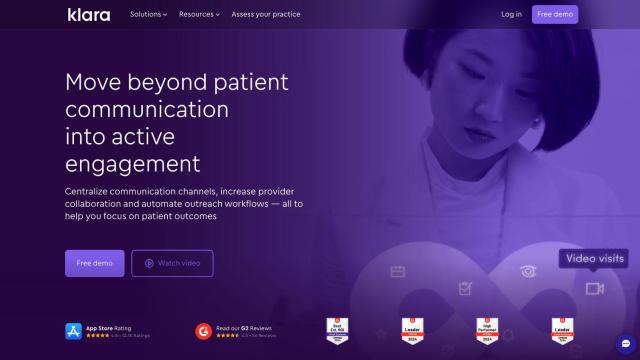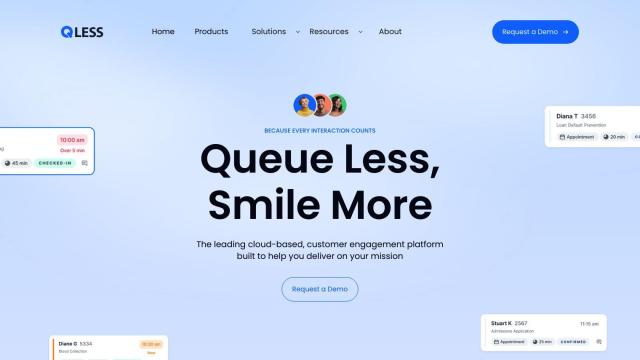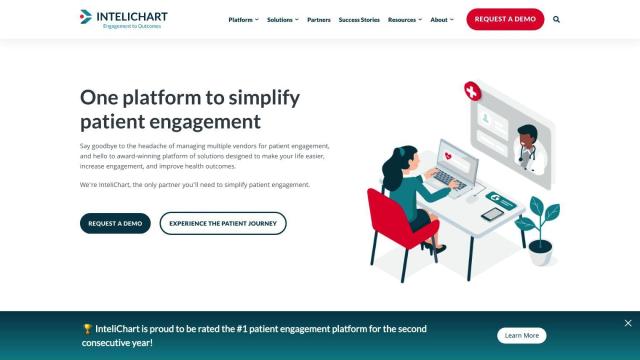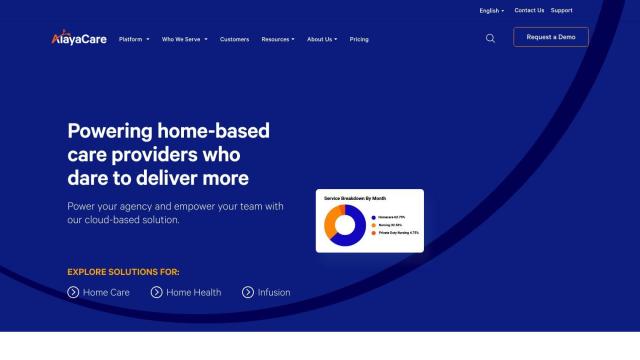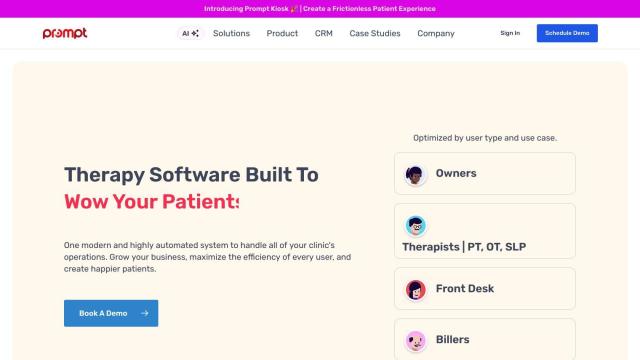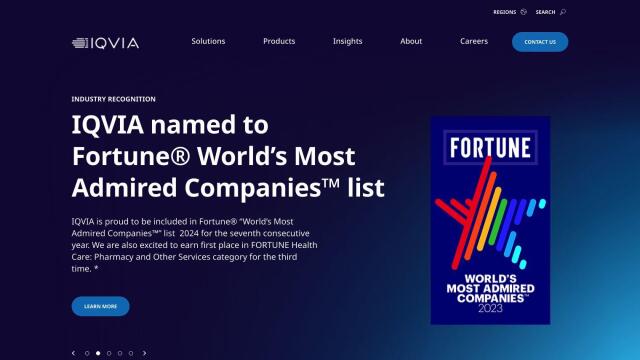Question: Can you recommend a healthcare operations platform that uses AI to optimize patient flow and increase revenue?

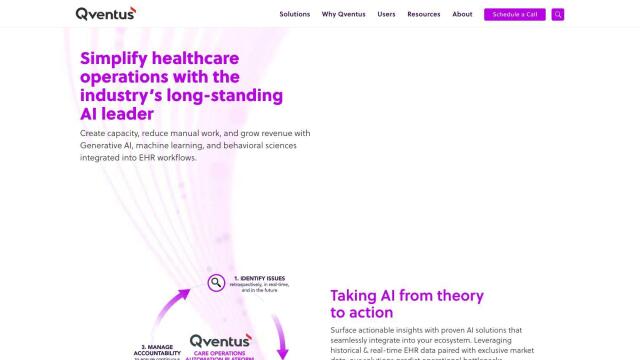
Qventus
If you're looking for a healthcare operations platform that uses AI to help optimize patient flow and revenue, Qventus is a good option. It uses AI, machine learning and behavioral science to optimize patient flow and operational performance. Qventus connects to several EHR systems, automates workflows, predicts operational bottlenecks and offers recommendations. It's said to deliver strong results in terms of operational efficiency, including a 6x ROI, 72% release block time utilization and a decrease in length of stay.

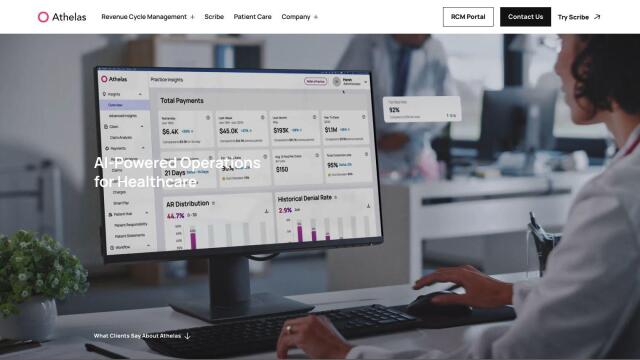
Athelas
Another contender is Athelas, which uses AI to automate healthcare operations so staff can focus on more important work. It offers tools like Athelas RCM for real-time revenue cycle management, Athelas Scribe for AI-generated transcription and interpretation of patient-doctor conversations, and Athelas Patient Care for remote patient monitoring. Athelas connects to more than 20 EHRs and offers different pricing levels for its transcription service, so it can accommodate a variety of healthcare organizations.

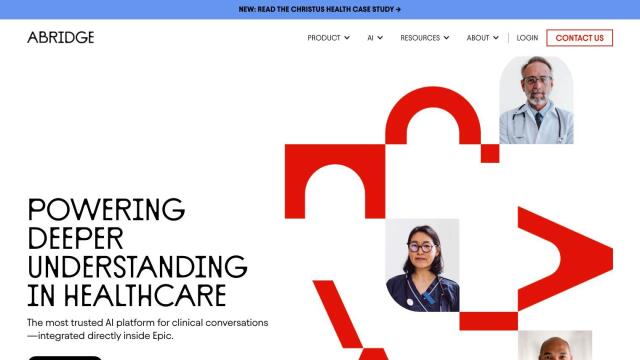
Abridge
Abridge is also worth a look if you want to make clinical conversations more efficient by structuring notes. It connects directly to Epic systems and can generate notes in real time, support multiple languages and offer clinically validated summaries. Abridge eases the documentation burden on clinicians, freeing up time for more important work and giving them a better work-life balance.

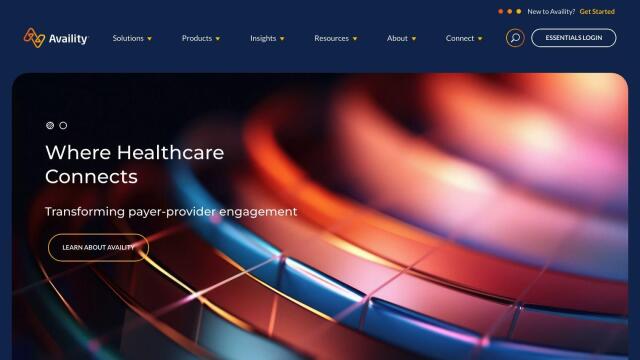
Availity
Last is Availity, which offers an integrated provider engagement platform that uses AI to improve administrative and clinical workflows. Among its tools are automated prior authorization, real-time collaboration and denial prevention tools. Availity's platform can help healthcare providers and payers streamline revenue cycles, which can lead to better patient care and operational excellence.
